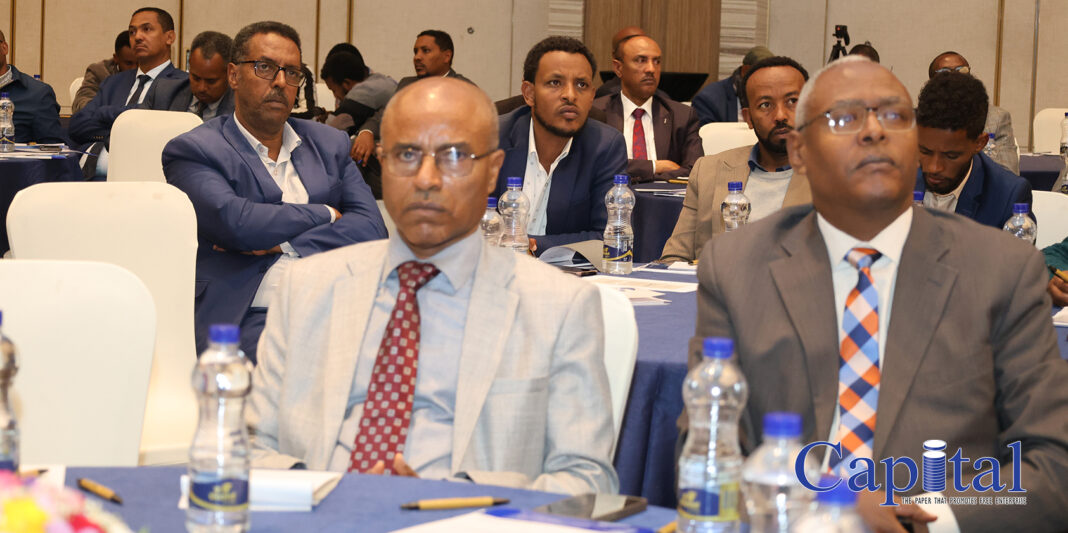In a decisive move to tackle the persistent funding crisis facing small and medium-sized enterprises (MSMEs) across Africa, African leaders and financial institutions have launched the African Strategic Investment Alliance (ASEA). Accredited by the African Union, ASEA aims to close the continent’s staggering $330 billion annual financing gap, with a particular focus on youth- and women-led businesses and climate-friendly sectors.
The announcement came during the third African Entrepreneurship Forum, where stakeholders highlighted the severe mismatch between the demand for SME financing and the availability of funds. Despite the presence of over 102 development finance institutions, 600 commercial finance institutions, and 39,000 microfinance providers, only about 7% of the demand for small business financing is currently met. This financial exclusion is widely recognized as a major barrier to poverty reduction and sustainable economic growth.
ASEA’s origins trace back to a memorandum of understanding submitted to the African Union in 2021. Following extensive consultations and revisions by technical committees comprising ministries of finance and central bank governors, the Alliance received official recognition at the 2022 African Union Summit. Spearheaded by AeTrade Group and supported by various stakeholders, ASEA is designed as a special-purpose institution to mobilize “nuanced and risk-reducing investments” that foster domestic resource mobilization.
Eskinder Asfaw (PhD), Vice President of Strategy, Planning, and Transformation at the Commercial Bank of Ethiopia (CBE), underscored the urgent need for such an initiative. “CBE has digitally lent 30 billion Ethiopian birr to over one million farmers and supported 800,000 micro-businesses, but what we’re doing is still not enough,” he said. Eskinder expressed optimism that ASEA could play a “significant role” in channeling capital from charities and development finance institutions (DFIs) to MSMEs.
ASEA plans to structure investments by blending patient capital from charities and DFIs with commercial lending practices. This layered investment approach aims to reduce risks for banks, enabling them to finance high-impact but traditionally high-risk sectors such as youth-led startups and climate-smart agricultural businesses.
The Alliance’s launch marks a pivotal step toward transforming Africa’s entrepreneurial landscape by expanding access to finance, promoting inclusive growth, and supporting climate resilience. As ASEA gains momentum, it is expected to become a vital platform for unlocking capital and accelerating sustainable development across the continent.







